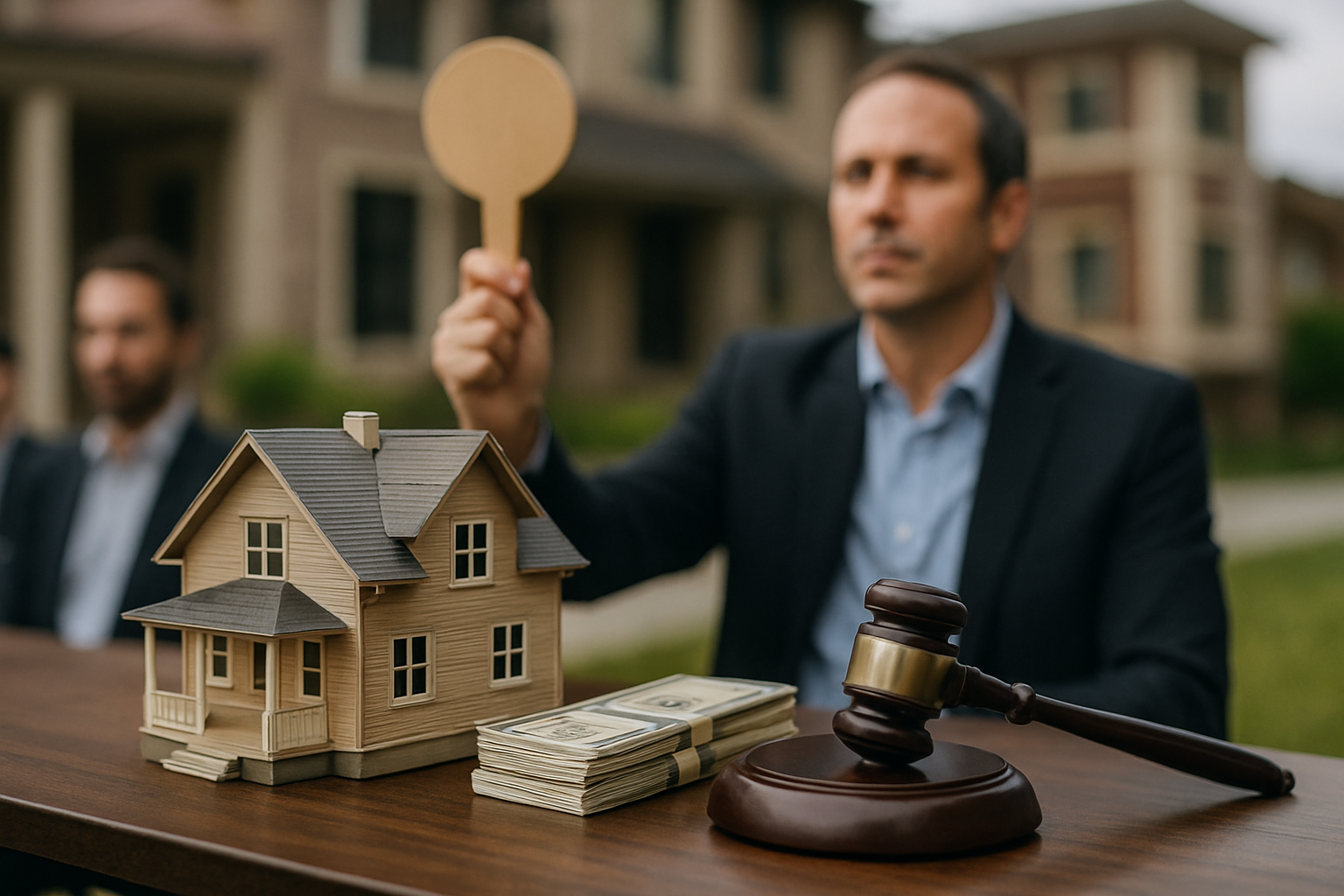Exploring Abandoned Houses: A Complete Guide to Urban Exploration and Property Opportunities
Abandoned houses hold a mysterious allure that captivates urban explorers, real estate investors, and history enthusiasts alike. These forgotten structures tell stories of past lives while presenting unique opportunities for restoration or redevelopment. Whether you're interested in photography, property investment, or historical preservation, understanding abandoned houses is essential for safe and legal interaction with these fascinating properties.

Legal Considerations and Property Rights
Exploring or acquiring abandoned houses requires careful attention to legal matters. Most abandoned properties still have legal owners, whether private individuals, banks, or government entities. Trespassing laws apply even to vacant properties, and unauthorized entry can result in criminal charges. Always obtain proper permissions and research ownership through local property records before approaching abandoned houses.
Safety Hazards and Precautions
Abandoned houses pose numerous safety risks, including structural instability, toxic materials, and hazardous conditions. Common dangers include:
-
Weakened floors and staircases
-
Exposed nails and broken glass
-
Asbestos and lead paint
-
Mold and water damage
-
Wildlife inhabitants
-
Unstable foundations
Investment Opportunities and Acquisition
Abandoned properties can represent valuable investment opportunities when approached strategically. Purchase options include:
-
Tax deed sales
-
Bank foreclosures
-
Government auctions
-
Direct negotiation with owners
Successful acquisition requires thorough due diligence, including title searches, liens verification, and professional property inspections.
Renovation and Restoration Considerations
Restoring abandoned houses demands careful planning and substantial resources. Key factors include:
-
Structural assessment
-
Code compliance requirements
-
Utility systems renovation
-
Historical preservation guidelines
-
Environmental remediation
-
Permit acquisition
Prices, rates, or cost estimates mentioned in this article are based on the latest available information but may change over time. Independent research is advised before making financial decisions.
Community Impact and Historical Preservation
Abandoned houses significantly affect neighborhood property values and community safety. Many municipalities have implemented programs to address vacant properties through rehabilitation or demolition. Historical preservation societies often work to save architecturally significant abandoned structures, maintaining important cultural heritage while revitalizing communities.
Abandoned houses represent both challenges and opportunities for communities and individuals. While these properties require careful consideration of legal, safety, and financial factors, they also offer potential for investment, historical preservation, and community renewal. Success in working with abandoned houses depends on thorough research, proper precautions, and compliance with all applicable regulations.






